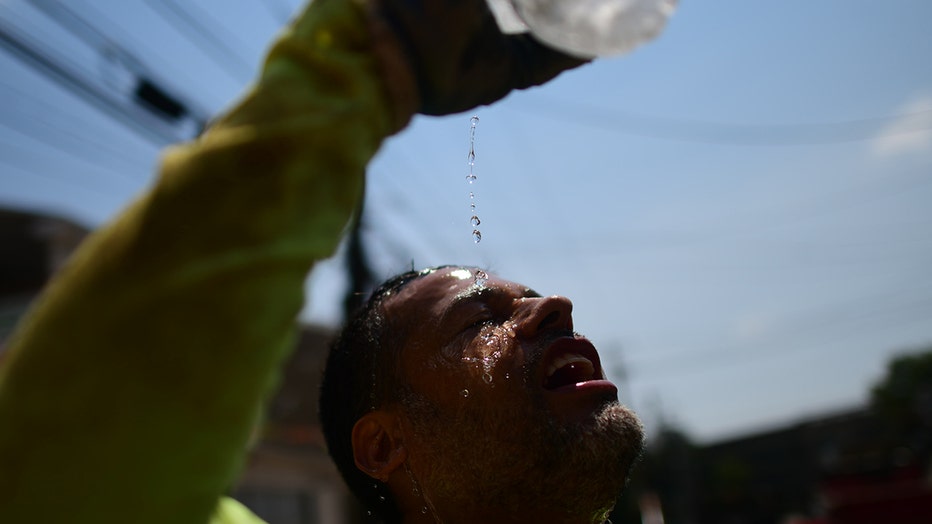Summer has gotten hotter nearly everywhere: See where it's worst

What is the summer solstice?
The June summer solstice marks the official beginning of summer in the Northern Hemisphere.
As meteorological summer begins on June 1, new data reveals that summers in the U.S. are heating up at a significant rate.
To understand how the summer season has changed locally as the planet has warmed, the company Climate Central analyzed the last 55 years (1970-2024) of summer (June-August) average temperature data in 242 major U.S. cities using data from the National Oceanic and Atmospheric Administration (NOAA).
Average summer temperatures have increased in nearly all US cities
By the numbers:
Since 1970, average summer temperatures have increased in 97% (234) of major U.S. cities analyzed, with nearly one in five cities now facing at least an extra month of hotter-than-normal summer days, the study found.

According to the data, the average summer temperature in the cities analyzed has risen by 2.6°F over the past 55 years.
Some cities – especially in the Southwest and Northwest – have seen much steeper increases.
Reno, Nevada leads the list with largest temperature increases
By the numbers:
According to the study, Reno, Nevada led the list with a staggering 11.3°F rise.
Nearly one-third (77) of the cities have warmed by 3°F or more since 1970.
The top five summer warming cities were: Reno (11.3°F); Boise, Idaho (6.3°F); El Paso, Texas (6.2°F); Las Vegas (6.1°F); and Salt Lake City, Utah (5.9°F).
Summer 2025 will likely be hotter than normal
What's next:
In the U.S., summer 2025 is likely to be hotter than normal across most of the country, especially in a band extending from the Northwest through the Southwest, into the Gulf Coast states, and across the Northeast.
RELATED: Heat alerts are getting new names this summer from National Weather Service
The National Weather Service recently renamed some of its heat alerts for this summer. According to a statement from the NWS, alerts that use the wording "excessive heat" have been changed to "extreme heat." This means that an Excessive Heat Watch or Warning is now called an Extreme Heat Watch or Warning. A Heat Advisory will remain the same.
Dig deeper:
Excessive heat is the leading cause of weather-related deaths in the U.S. In 2023, a record 2,325 people died from heat in the U.S. alone.
Climate change is increasing exposure to dangerous extreme heat for billions of people across the globe.
Exposure to extreme heat makes it difficult for our bodies to cool off, resulting in heat-related illnesses including heat cramps, heat exhaustion, and even fatal medical emergencies such as heat stroke.
Summer heat can also worsen air quality by trapping harmful pollutants close to the Earth’s surface and fueling the formation of ground-level ozone. These pollutants can exacerbate respiratory health issues in people with asthma and other lung diseases.
The Source: The information for this story was provided by Climate Central, which analyzed the last 55 years (1970-2024) of summer (June-August) average temperature data in 242 major U.S. cities using data from the National Oceanic and Atmospheric Administration (NOAA). Previous FOX Local reporting also contributed. This story was reported from Los Angeles.

